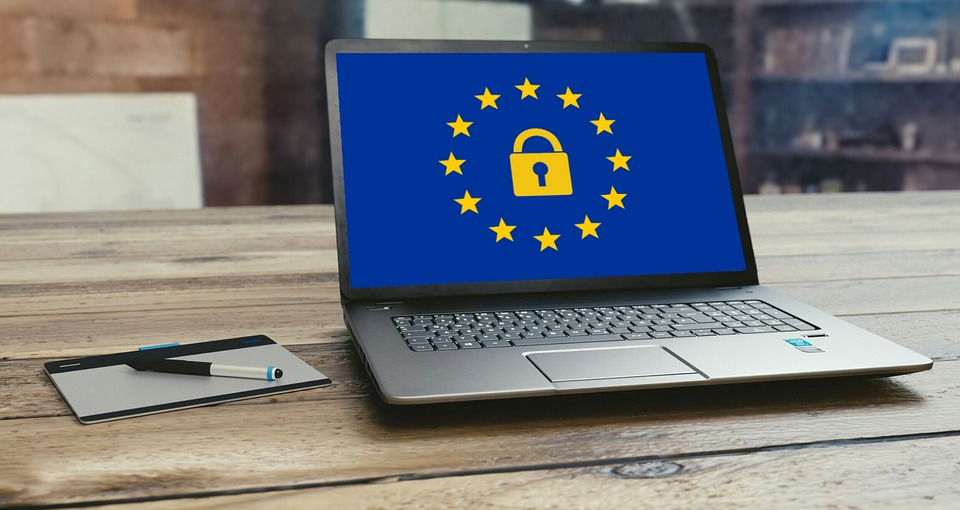Unless you’ve been living under a rock the past few years, you’ll have heard about all the changes that have been going on in the world of privacy. With big data more integrated into society than ever before, and with people offering more data to companies, it’s more important than ever to understand how this data is being used, and what your rights are when it comes to your information.
Of course, the landmark case of Cambridge Analytica back in 2018 bought privacy data usage and laws into the mainstream and public eye, but where are we now? What laws have been made or revoked in 2020, and what are the foundations for where we’re heading? Let’s find out.
What are Privacy Laws?
Privacy laws govern how your personal data is gathered by big companies or tech giants, and then how that data is used. It’s a little bit different to other laws, such as Article 44, in relation to the Uniform Civil Code, or your standard traffic violation. It’s all about the information you have online.
For example, you wouldn’t want someone to come to your house, go through all your belongings and learn everything about you, and then take this information to persuade you to do things, like make a purchase based on your interests or vote for a certain political candidate, yet this is what is happening, so where is the line drawn?
This is where privacy laws come into play.
So, Where are We?
As of the time of writing, there’s a lot happening in the world of privacy laws. For example, international data transfers are being scrutinized massively and observed to see what is happening. Of course, the majority of big tech firms, like Google and Facebook, that handle data are based in the US, thus making large amounts of data from countries all over the world.
What’s more, organizations like GDPR are massively increasing their fines when they find something wrong through their investigations. It’s been told the GDPR is also working with international enforcement agencies to make sure data is being handled correctly, and both individuals and companies are not misusing other people’s data.
With both of these considerations, privacy laws aren’t just affecting major countries like the US and India, but are expanding out to every country in the world. In Europe, Article 13 was passed several years ago, whereas the Brazilian General Data Protection law was passed this year.
Every country is working on their own and together, and it will be interesting to see how all these laws will link together, especially when different laws are made in different countries, yet both will still be connected by major data services. According to Gartner, half the world’s population will be covered by personal information and data laws by 2022.
Summary
As you can see, there’s a lot of movement in the world of privacy laws both locally and internationally, and it’s important to realize that this is just the beginning. What happens in 2020 and the following years will be the foundations for the future, which makes it more important than ever to get it as right as possible.






